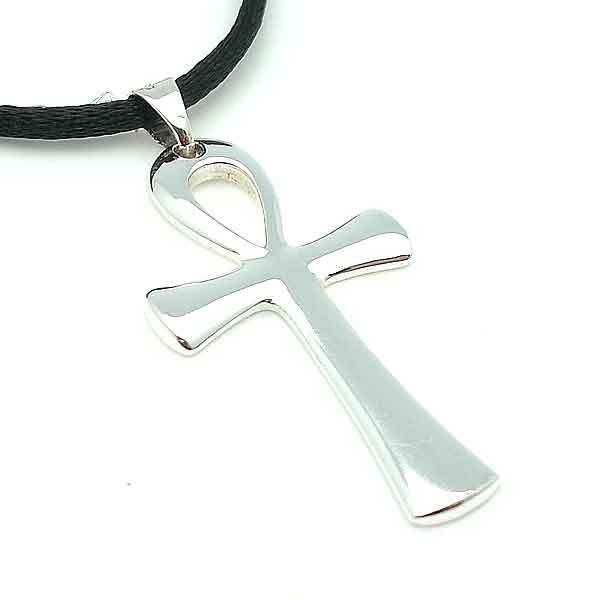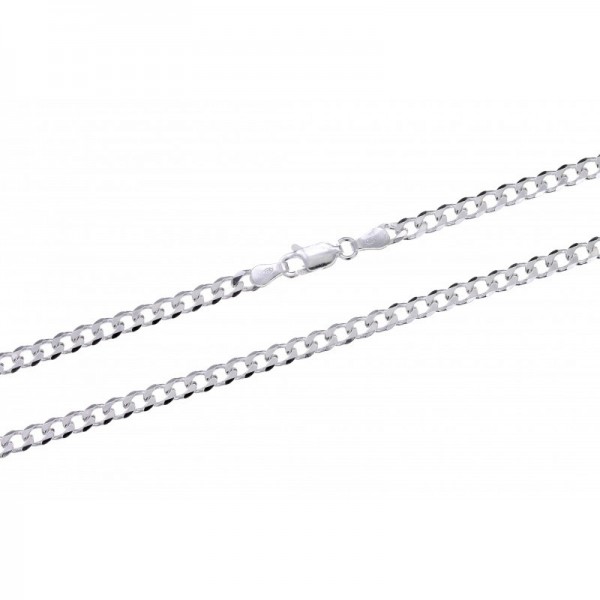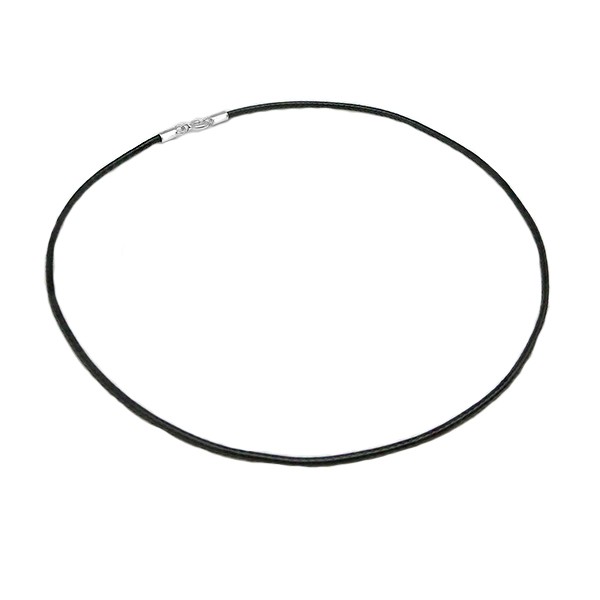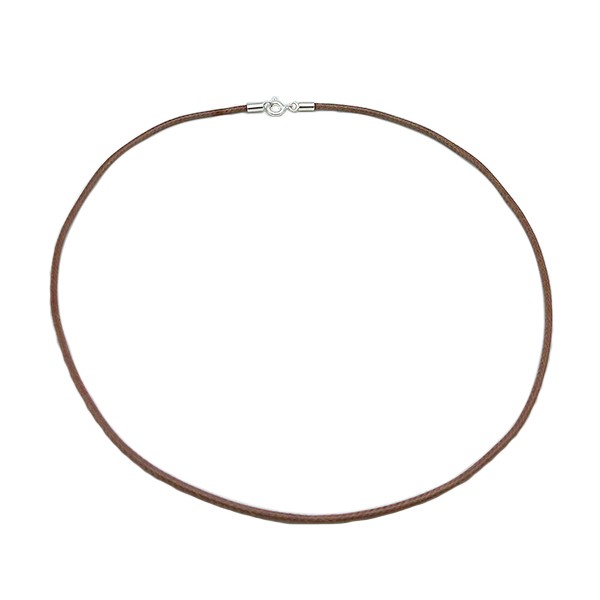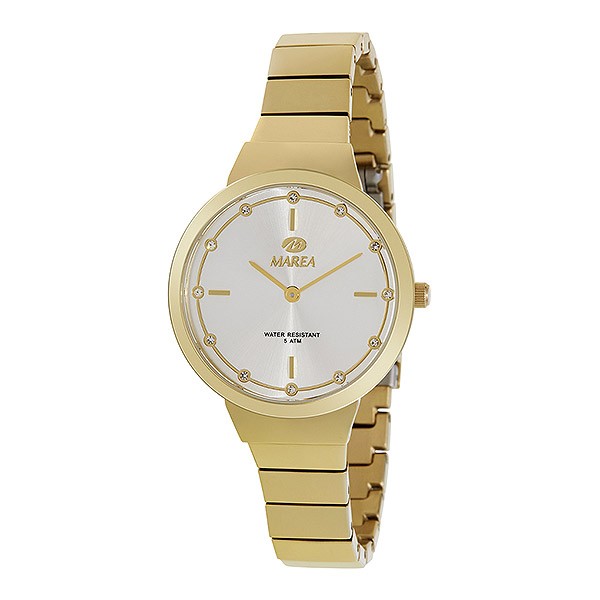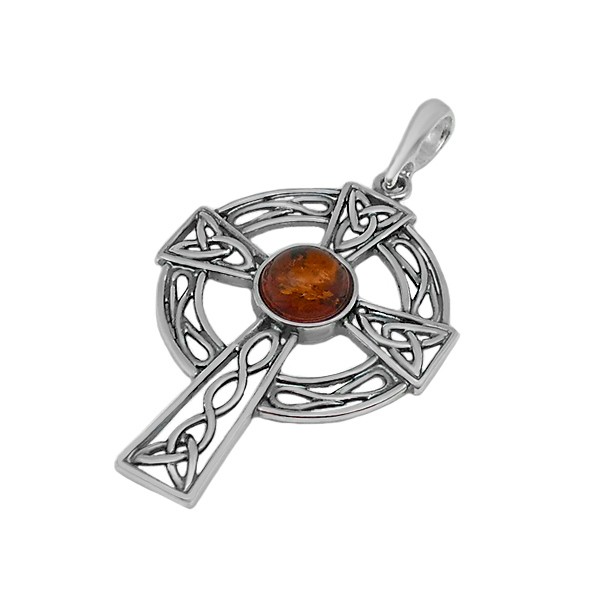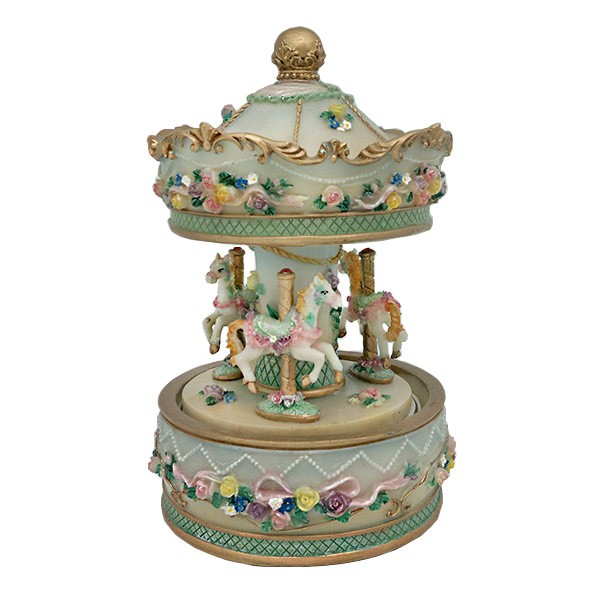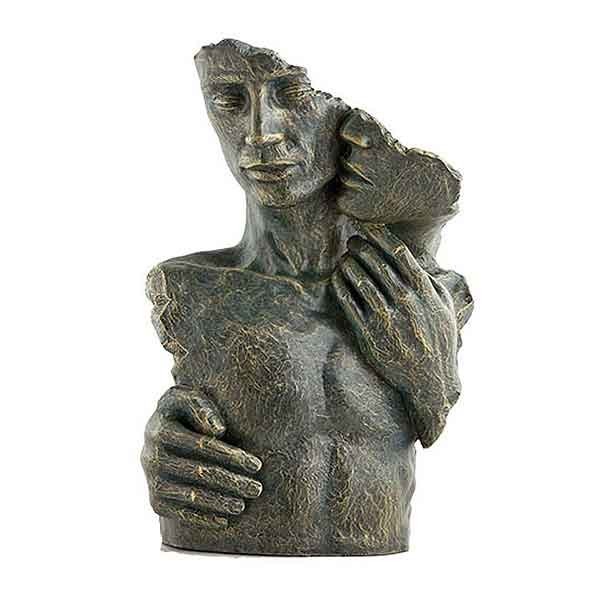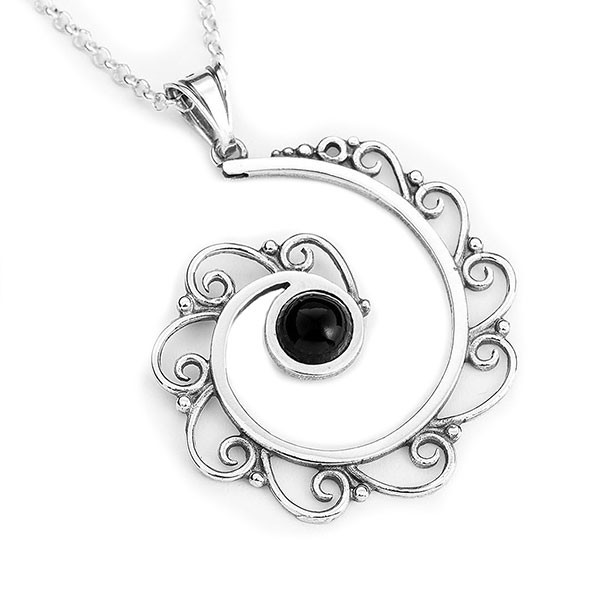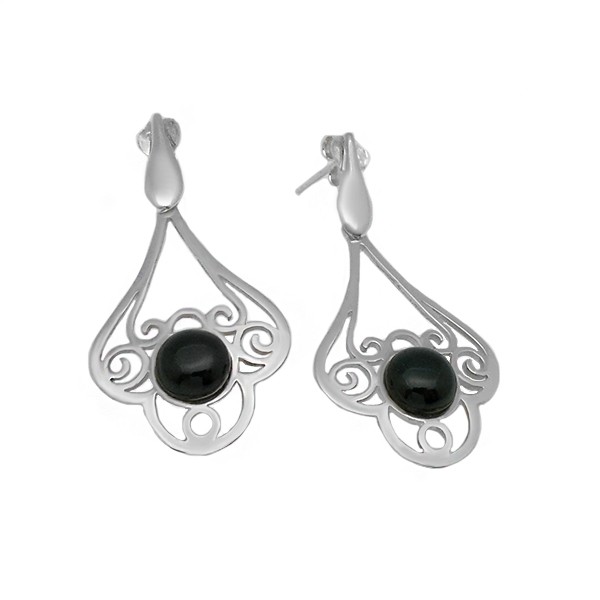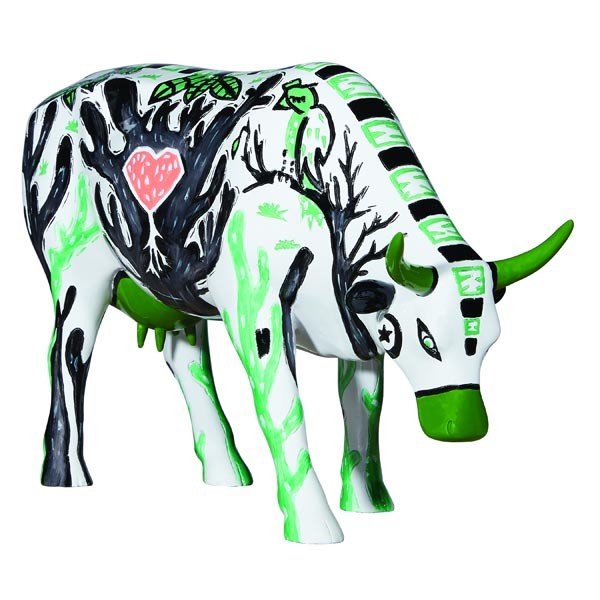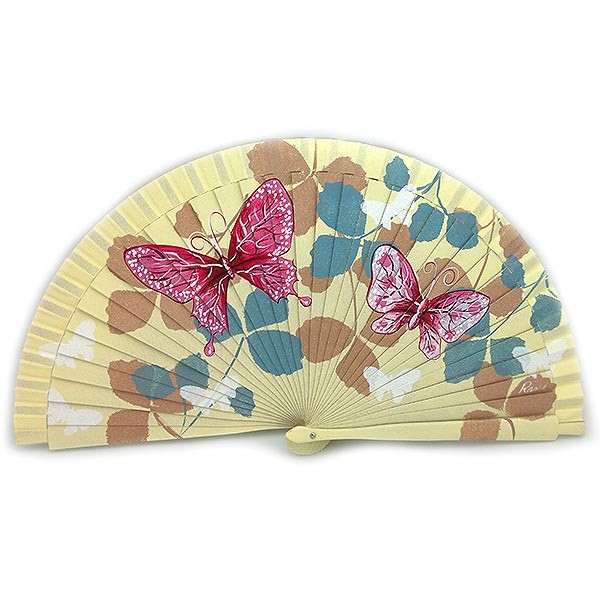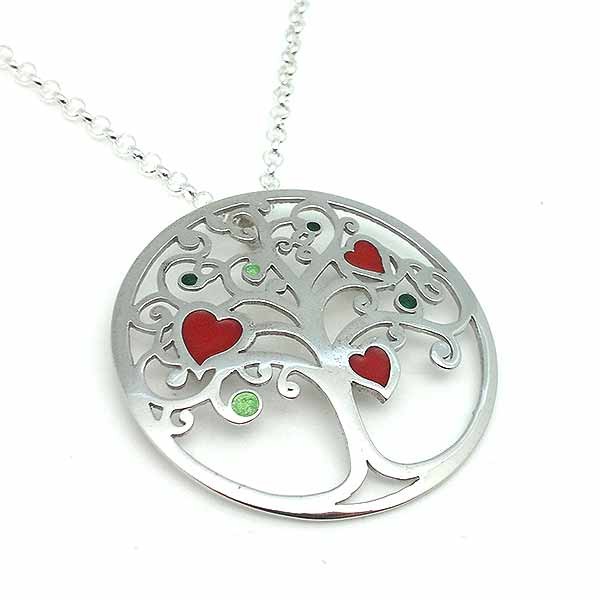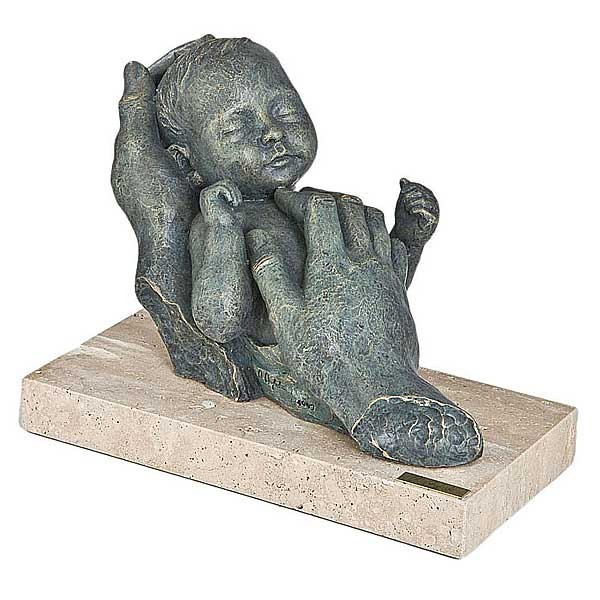Egyptian cross pendant
€25.00
€20.00
Save €5.00
Egyptian pendant cross or cross of life in silver.

Urgent shipping in 24/48 hours

Wrapped for gift

100% Secure Payment
Unisex pendant, the Ankh, also known as cross of life. Made of sterling silver (925mm).
Measures:
Length: 4.2 cm
Width: 2 cm
* Does not include the cord.
Did you know that the ancient Egyptians used to put on the lips of kings dead a cross as a symbol of eternal life?
Ancient Egypt is undoubtedly one of the pillars of human civilization; Egyptians left us a great culture and religion full of symbolism, respect and worship surrendered their dead is perhaps the most representative of this culture; it is not strange that The Book of the Dead is precisely one of the most important texts of this civilization.
Well, for the Egyptians death was not the end but a transition to eternal life and therefore, when a person died is conducting a series of complex funeral rituals and amulets that helped the deceased to have a good road also placed to this eternal life.
One of these is the famous Egyptian amulets or ankh cross (Ankh in English, German and Italian), a cross with the top in a loop and, according to Egyptian tradition represented the immortality of the gods, while the search for immortality human and key hidden wisdom.
For Egyptologists it has been impossible to trace the origin of this symbol and at what point does the value of acquired rebirth and eternal life; however, its importance was such that various gods of the Egyptian pantheon, whose main attribute was represented immortality were carrying this cross. In fact, The mighty Isis (goddess of motherhood and the Renaissance and is considered the first major witch of all time) is strongly linked to this symbol when she who returned to life precisely Osiris, brother and husband.
Thus, the Egyptian cross came to be seen as a kind of key that later became the perfect amulet with which the dead could open the doors of death and attain eternal life. Therefore, it was common to place one of these crosses on the lips of the dead, especially when it came to Pharaoh, considered divine in the intricate Egyptian hierarchy.
From the arrival of Christianity around the second century AD, the first Egyptian Christians (known as Copts) adopted the Ankh as a variant of the cross we all know today.
Source: http://lascosasquenuncaexistieron.com
Measures:
Length: 4.2 cm
Width: 2 cm
* Does not include the cord.
Did you know that the ancient Egyptians used to put on the lips of kings dead a cross as a symbol of eternal life?
Ancient Egypt is undoubtedly one of the pillars of human civilization; Egyptians left us a great culture and religion full of symbolism, respect and worship surrendered their dead is perhaps the most representative of this culture; it is not strange that The Book of the Dead is precisely one of the most important texts of this civilization.
Well, for the Egyptians death was not the end but a transition to eternal life and therefore, when a person died is conducting a series of complex funeral rituals and amulets that helped the deceased to have a good road also placed to this eternal life.
One of these is the famous Egyptian amulets or ankh cross (Ankh in English, German and Italian), a cross with the top in a loop and, according to Egyptian tradition represented the immortality of the gods, while the search for immortality human and key hidden wisdom.
For Egyptologists it has been impossible to trace the origin of this symbol and at what point does the value of acquired rebirth and eternal life; however, its importance was such that various gods of the Egyptian pantheon, whose main attribute was represented immortality were carrying this cross. In fact, The mighty Isis (goddess of motherhood and the Renaissance and is considered the first major witch of all time) is strongly linked to this symbol when she who returned to life precisely Osiris, brother and husband.
Thus, the Egyptian cross came to be seen as a kind of key that later became the perfect amulet with which the dead could open the doors of death and attain eternal life. Therefore, it was common to place one of these crosses on the lips of the dead, especially when it came to Pharaoh, considered divine in the intricate Egyptian hierarchy.
From the arrival of Christianity around the second century AD, the first Egyptian Christians (known as Copts) adopted the Ankh as a variant of the cross we all know today.
Source: http://lascosasquenuncaexistieron.com
1670034
1 Item
No customer reviews for the moment.
